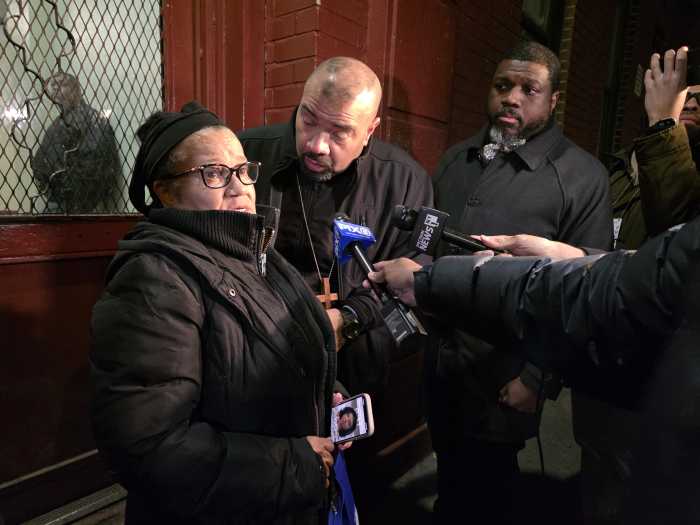As the city heads into an election year that will see a new mayor, comptroller and dozens of new city council members due to term limits, stabilizing the city’s economy and getting federal help to do it is likely to become a key issue.
That after bleak Real Estate Board of New York (REBNY) and NYC Hospitality Alliance reports released this week.
The REBNY report found that the city and state lost $1.4 billion in tax revenue due to significant declines in real estate market activity. The real estate industry is the fundamental driver of New York City’s economy, generating more than half (53%) of the City’s total annual tax revenue in the last fiscal year, which is more than double the next closest contributor – personal income tax, which accounts for 21% of the City’s annual tax revenue.
“This $1.4 billion in lost tax revenue represents another 1.4 billion reasons why the federal government must deliver a new stimulus package to help address New York’s economic crisis,” said REBNY President James Whelan. “As real estate market activity remains at historic lows, the negative impacts are being felt every day by millions of New Yorkers who rely on publicly funded government services that will continue to struggle without necessary tax revenue.”
According to the report, year-to-date investment and residential sales totaled $34.5 billion, representing a 50% decline compared to the same time period in 2019 and leading to a 39% year-to-date decrease in tax revenue.
Meanwhile, A new survey by the NYC Hospitality Alliance given to city’s restaurant industry found that 88 percent of respondents could not pay full rent in October, up from previous months’ reports and a signal that the sector’s crisis is far from over.
According to more than 400 survey-takers representing restaurants, bars, and nightlife venues across the five boroughs, 30 percent of these small businesses could pay no rent at all during October; 59 percent of tenants’ landlords did not waive or reduce rent; and 83 percent of businesses have been unsuccessful in renegotiating their leases as a result of the pandemic.
As frigid winter temperatures approach New York’s untested outdoor dining setups, high financial costs and uncertainty about dining behaviors hang over restaurant owners who are otherwise reduced to serving customers at 25% capacity indoors, and due to an increase in statewide COVID-19 infection rates now have their operating hours further restricted, according to the alliance.
“Going on eight months, more than 24,000 restaurants, bars and clubs citywide that are so critical to New York’s economic and social fabric have been in dire straits,” said Andrew Rigie, executive director of the NYC Hospitality Alliance.
“Half of the industry’s 300,000 employees are still without jobs, and those numbers can’t improve while more businesses are permanently closing and leaving empty storefronts in our neighborhoods. With many venues still closed, new restrictions further limiting the operating hours of those open, and cooler weather making outdoor dining less feasible, New York City’s hospitality industry simply cannot wait: The Restaurants Act and the Save Our Stages Act need to be immediately passed by the U.S. Senate and enacted by the President without delay,” he added.






